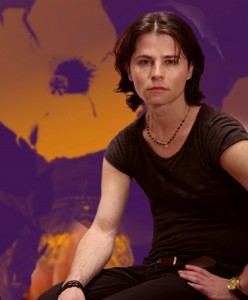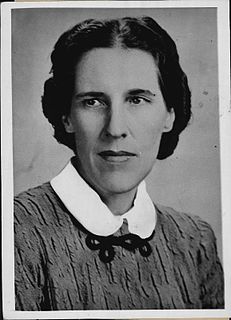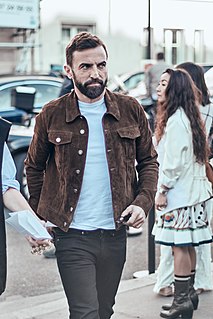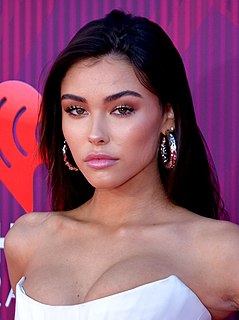A Quote by Roisin Murphy
I'm quite drawn to women artists who use themselves in their work. There is a very feminine point of view, the use of female archetypes. I love artists who play with those kind of things genuinely.
Related Quotes
To me, paintings are about beauty. They are very feminine, and beauty is something very feminine. For a long time, people would talk with me about identity. I don't have issues with identity, I just follow this kind of feminine beauty because I became a victim of my art, which I think is the best thing for an artist. So many artists use their talent, but with the best artists, their talent uses them.
Group Material is itself collaborative, which is non-hierarchical and we don't use the corporate model which is along lines of expertise but we work together and take responsibility as a group for every aspect of the work. And then there's a collaboration or dialogue with those artists and non-artists we work with, in terms of participation in the various projects.
Vulnerability of artists is definitely what makes organizations like PEN necessary because, as I tried to argue, the actual work that writers and artists do has an ornery way of surviving. Particularly in this age of the internet, it is very easy for forbidden work to be found online somewhere if you know where to look. Artists themselves, however, are in increasing danger, and not just artists. The great concern is that year after year, rising numbers of journalists are being killed in pursuit of their work.
Here are examples of real women who have done real things: good, bad, and in between. We're expanding not just the definition of the female or feminine hero, but also villains and more complex, nuanced female characters. Too often I hear men say, "I don't know how to write women." Here you go, here are five incredible women you can use to inspire your own stories.
The artists always reflect the times, so there's a lot to think about, a lot of unknowns, a lot of things that are describable. This is the closest I've seen to the kind of ambience that made the '60s happen. It's not about the artist having a responsibility to do anything. They have to be artists and express themselves and everything will work out fine.
I've watched so many women, from Kathleen Hanna all the way up to Taylor Swift, whether they're pop artists or rock stars or fine artists or writers, it is the subhistory of female artists that if you're going to make art, you're also going to have a full-time job of defending your right to make art.
As an actor you're only as good as the things you're offered. And there just weren't any female directors offering me things. So when you dissect that, you realize there aren't women offering you things because they don't have the opportunities. I work to raise money for women's cancers; I use my voice for violence against women.
I've been very lucky with the people I've met over the years. Way back in the early '70s I went to [Phil] Seuling's conventions for something like three years in a row from '70 to '72 and I remember at the '72 luncheon with the Academy of Comic Book Artists and talking with John Romita about the kind of brushes he used. Pros ask pros the same questions that fans do. "What kind of pens do you use? What kind of brushes do you use?" I was so amazed that the wonderful work John Romita was doing was accomplished with a Windsor-Newton series 7 Number 4. Not a 2 or a 3, but a 4.



































